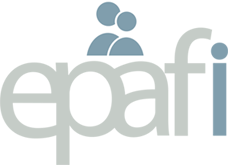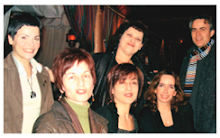How learners' wrongs help lexicographers get their dictionaries right
"The world's English pitfalls revealed." This is the intriguing claim made by the Cambridge Learner Corpus (CLC), an electronic database of 25m words taken from candidates' written papers for Cambridge Esol exams.There is nothing new about collecting and analyzing the language of learners. Teachers have always kept notes of their students' problems. Many books have been published on "common errors". But since the 1980s things have changed. First the world of dictionary-making and ELT publishing was revolutionized by the development of large-scale corpora of native-speaker use. Hard on the heels of this came an interest in using similar techniques to capture and explore the world of learners' English.
To read the full article, visit:
http://education.guardian.co.uk/tefl/story/0,,2092268,00.html


No comments:
Post a Comment